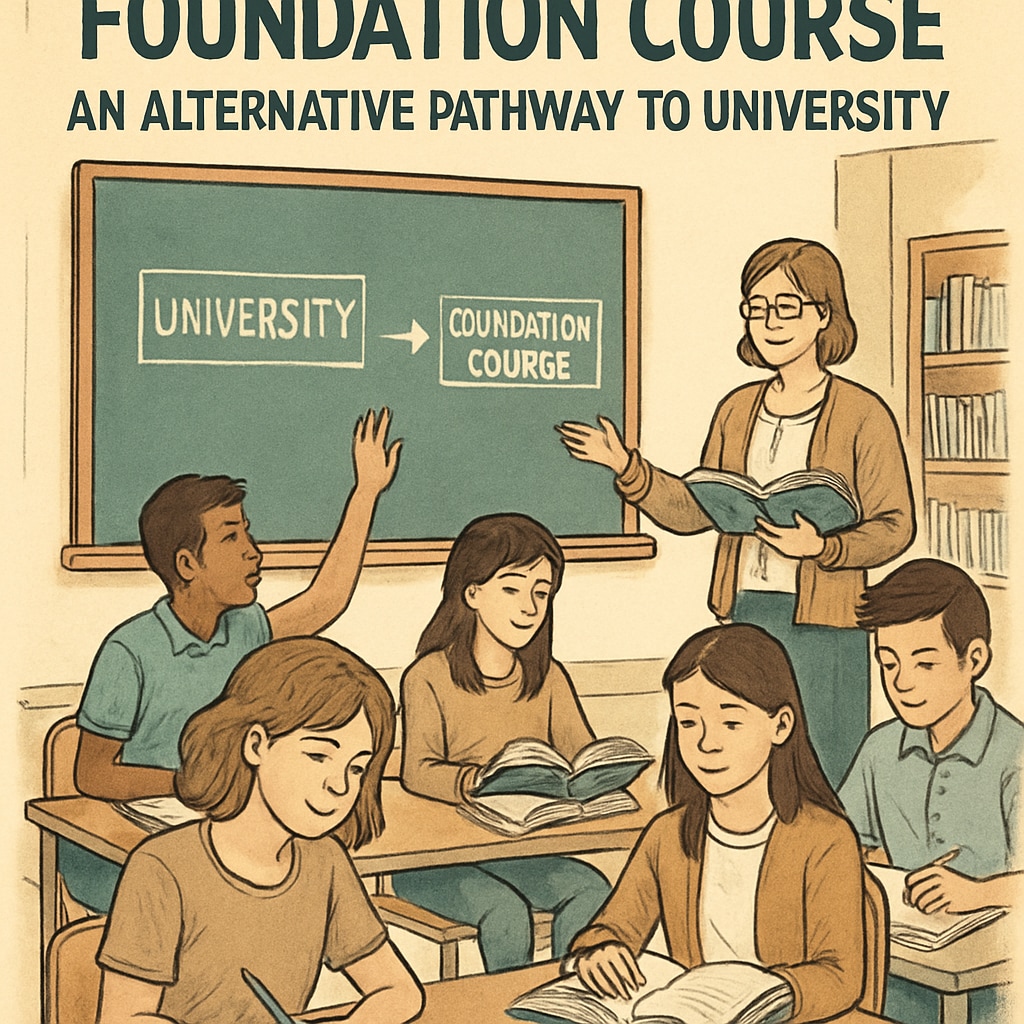When students face setbacks in their A-level exams, both parents and students often feel overwhelmed by the uncertainty surrounding the next steps. While such outcomes can be disheartening, they are not the end of the road. Options like foundation courses, alternative qualifications, and strategic university choices offer viable routes to success. In this article, we will explore three pathways that can help students recover from A-level setbacks and provide a framework for making informed decisions tailored to each individual’s goals and abilities.
Understanding A-level Exam Setbacks and Their Impact
A-level exams are a critical milestone for students, often determining entry into top universities and future career opportunities. However, not all students achieve their desired grades. This can happen due to various reasons, such as exam stress, health issues, or challenges with certain subjects. Regardless of the cause, it is essential to approach the situation with a constructive mindset.
Rather than dwelling on the disappointment, families should focus on identifying the best alternative path. By understanding the available options, students can transform setbacks into opportunities for growth.

Option 1: Retaking A-levels for a Second Attempt
One of the most straightforward options is to retake the A-level exams. This pathway allows students to improve their grades and potentially secure admission to their preferred universities. Retakes can be pursued through the following methods:
- Self-study: Students can choose to study independently, using resources like textbooks, online courses, and past papers.
- Enrolling in a college: Professional support from teachers can help strengthen weak areas and build confidence.
However, retaking A-levels requires a strong commitment. Students need to evaluate whether they can dedicate the necessary time and effort to achieve better results.
Option 2: Foundation Courses as a Bridge
Foundation courses offer an alternative route to higher education, especially for students who did not meet the entry requirements of their desired university. These courses are typically one-year programs designed to prepare students for undergraduate degrees. They focus on subject-specific knowledge and essential academic skills.
Advantages of foundation courses include:
- Direct entry to university upon successful completion.
- Smaller class sizes and personalized support.
- Opportunities to explore specific fields of study in depth.
For example, reputed institutions like University of London and others offer well-regarded foundation programs tailored to international and domestic students.

Option 3: Exploring Alternative Qualifications
In some cases, students may benefit from pursuing vocational qualifications or professional certifications instead of retaking A-levels. Options like BTECs (Business and Technology Education Council qualifications) or apprenticeships provide practical skills and hands-on experience, often leading to rewarding career opportunities.
This route is particularly suitable for students with a clear interest in specific industries, such as engineering, healthcare, or creative arts. For further information, check resources like vocational education on Wikipedia.
How to Choose the Best Path for Your Child
Choosing the right path after A-level setbacks involves careful consideration of various factors:
- Assess strengths and weaknesses: Identify areas where the student excels and where improvement is needed.
- Define long-term goals: Determine whether the student aims for university, a particular career, or skill development.
- Explore all options: Research different pathways, including retakes, foundation courses, and vocational programs.
- Seek expert advice: Consult teachers, career counselors, and university advisors for tailored guidance.
By involving the student in the decision-making process, families can ensure that the chosen path aligns with their interests and aspirations.
Final Thoughts: A-level setbacks are not the end of the academic journey. With the right mindset, support, and strategy, students can overcome these challenges and achieve their goals. Whether through retakes, foundation courses, or alternative qualifications, the possibilities for growth and success are endless.


